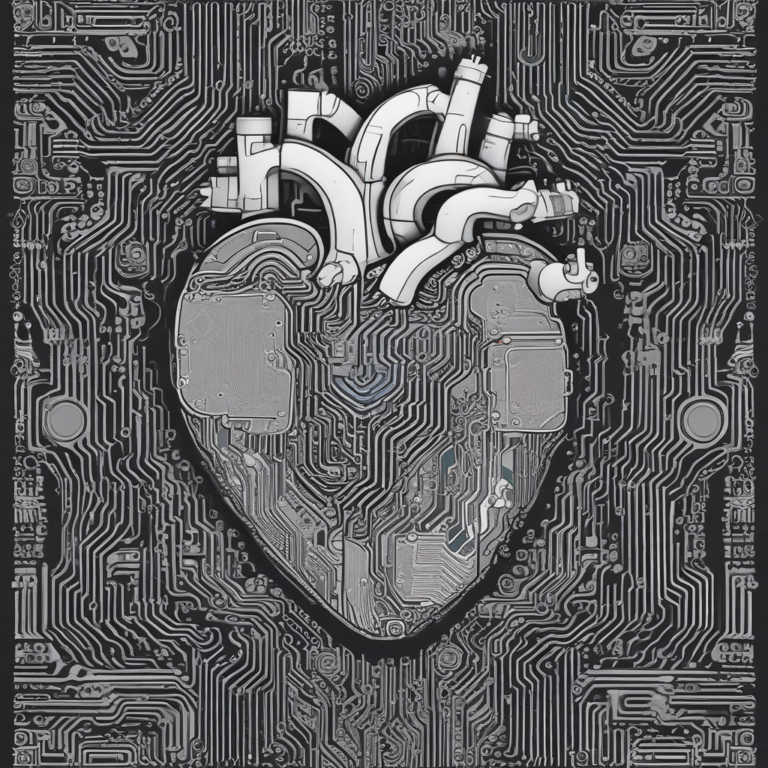Pope Leo XIV Calls for Human-Centered AI at Rome Conference
In a significant address delivered at the Second Annual Rome Conference on Artificial Intelligence, Ethics, and Corporate Governance, Pope Leo XIV emphasized the necessity of developing responsible AI that is shaped by human dignity. The conference, co-hosted at Palazzo Piacentini and the Vatican’s Sala Regia, highlights the Church’s commitment to guiding global conversations on the ethical implications of technology.
AI as a Gift — and a Test
The Pope acknowledged the rapid development of AI, raising deeper questions about its potential to create a more authentically just and human global society. He reiterated Pope Francis’ view that AI is “above all else a tool” and must be influenced by the intentions of its creators and users. While AI possesses noble applications, such as enhancing healthcare and promoting equality, there is a significant caution against its potential misuse for personal gain or to foment conflict.
Integral Development at Heart
Pope Leo highlighted principles from the Church’s teaching document Antiqua et Nova, calling for AI development that respects the integral development of the human person and society. He underscored that human well-being extends beyond mere material gain, encompassing spiritual and intellectual dimensions, thus reminding participants to place dignity at the center of technological progress.
Reflecting on concerns raised by Pope Francis at previous gatherings, the Pope warned of a growing “eclipse of the sense of what is human.” He pointed out that while Generative AI opens new intellectual horizons, it also risks distancing us from truth, beauty, and a full grasp of reality, which are core elements of human identity. An adequate ethical framework, he insisted, must begin with a genuine appreciation of human uniqueness.
Protecting the Young
Special emphasis was placed on the impact of AI on children and youth. The Pope expressed concern regarding AI’s implications for neurological and intellectual development, urging societies to foster responsible maturation among young people. He stated, “Access to data — however extensive — must not be confused with intelligence,” quoting Antiqua et Nova. True wisdom, he noted, entails an openness to life’s profound questions and an orientation toward the True and the Good.
Pope Leo encouraged conference delegates to consider AI governance as part of an “intergenerational apprenticeship,” where older, wiser individuals guide youth in integrating technological tools into moral and spiritual formation. This approach is vital for nurturing solidarity and unity in a rapidly evolving world.
Blessings for Ongoing Work
Concluding his message, Pope Leo expressed gratitude for the conference’s endeavors, invoking “the divine blessings of wisdom, joy, and peace” upon participants and their families. His address serves as a clear invitation to place humanity at the center of AI’s future.
Pope Leo’s message reinforces the Vatican’s vision of AI as both an opportunity and an ethical challenge. By convening leaders at this high-level forum, the Church signals its determination to guide technological development in ways that protect dignity, foster justice, and elevate the human spirit.
Following his election, Pope Leo articulated that the choice of his name was linked to the significant changes being brought about by AI.









